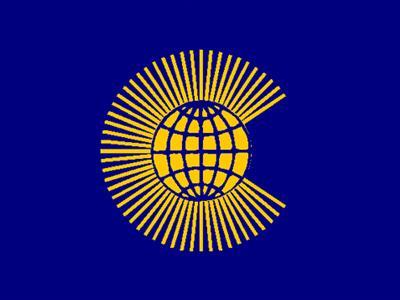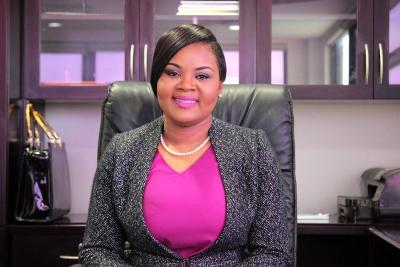Commonwealth Secretary-General: We will turbo charge Commonwealth trade advantage.
The Commonwealth will “turbo-charge” efforts to increase trade advantages for its 53 member countries, following the United Kingdom’s decision to leave the European Union, Commonwealth Secretary-General Patricia Scotland told parliamentarians today (July 20).
The Secretary-General was giving evidence to the International Relations Committee of the House of Lords, in the UK Parliament, after completing her first 100 days in office since taking up her post on 1 April 2016. She was invited to answer questions about her priorities for office, the value of the Commonwealth today, and its role in helping to steer its members through what the committee described as a “very unsettling and rather dangerous” world.
Responding to questions about the impact of United Kingdom’s recent referendum result to leave the European Union, she said that, while the Commonwealth respects the choice of the country’s voters, so-called ‘Brexit’ is causing “real concern” and anxiety in countries which had become used to having a strong voice in the EU through the UK, Malta and Cyprus.
In her written statement to the committee, the Secretary-General stressed that a slow-down in the UK economy and uncertainties in both the UK and the EU will be felt by members who are trade dependent or linked by their currencies to Sterling.
In her exchanges with the parliamentarians, the Commonwealth Secretary-General however said she was “hugely positive” about the commercial and economic opportunities within the Commonwealth. “Much more energy, if that’s possible, will go into enriching the Commonwealth relationship and looking to see how we can strengthen that which we were already doing,” she said.
The United Kingdom will host a Commonwealth Trade Ministers Meeting in 2017 and the next Commonwealth Heads of Government Meeting (CHOGM) in 2018.
Pointing to a major report published by the Commonwealth Secretariat in 2015 which showed that bilateral trade costs between Commonwealth countries are on average around a fifth lower – or 19 percent – than between other trading partners, she said it was a “seminal piece of work”, adding: “What it does is to identify the benefit of having a shared platform, of the same language, same common law, same legal structure, similar institutions.”
Secretary-General Scotland pledged to “turbo-charge” her efforts to encourage and support Commonwealth countries to work together to increase the 19 per cent trade advantage even further. She told the committee about initiatives by the Commonwealth Secretariat to help countries make their civil justice systems faster, easier and more efficient to enable trade, including the creation of a Commonwealth Office of Civil and Criminal Justice Reform, best practice models for contracts and templates for legislation and regulations.
Referring to the mandate given to the Commonwealth Secretariat from the 2015 Commonwealth Heads of Government Meeting, Secretary-General Scotland also responded to questions about efforts to address radicalisation and terrorism and to deal with migration concerns.
Replying to questions about the Commonwealth Charter, she said: “The Charter isn’t just an aspiration, it has become an expectation. People may not all be there now, but we need all of our members to maintain that aspiration that that’s where they will be in due course.
On the prospect of new countries applying to join the Commonwealth, the Secretary-General added: “That’s something which is very warming to know, that the special nature of the relationship that is seen from the outside by people is such that many want to join. I do see the Commonwealth as a stabilising, entity at a very difficult time, an anchor for many of countries.”
In her written statement, the Commonwealth Secretary-General noted that the Commonwealth Secretariat, which is working to support the Sustainable Development Goals, the Paris climate agreement and the Commonwealth Charter, is seen as a “valued partner by member states as we advocate for global change”.
During her first 100 days in office, the Secretary-General said she had begun to deliver on the mandate given to her by leaders at the Commonwealth Heads of Government Meeting in Malta. This includes advocacy to tackle the existential threat of climate change, promoting trade, good governance and human rights, providing new opportunities for the young people, and ending violence against women and girls and promoting gender equality.
In June, the Secretary-General launched a new Commonwealth Hub to bring together Commonwealth organisations – including the Royal Commonwealth Society, the Commonwealth Games Federation, the Commonwealth Local Government Forum and the Commonwealth Foundation – in a collaborative, dynamic and innovative way.






